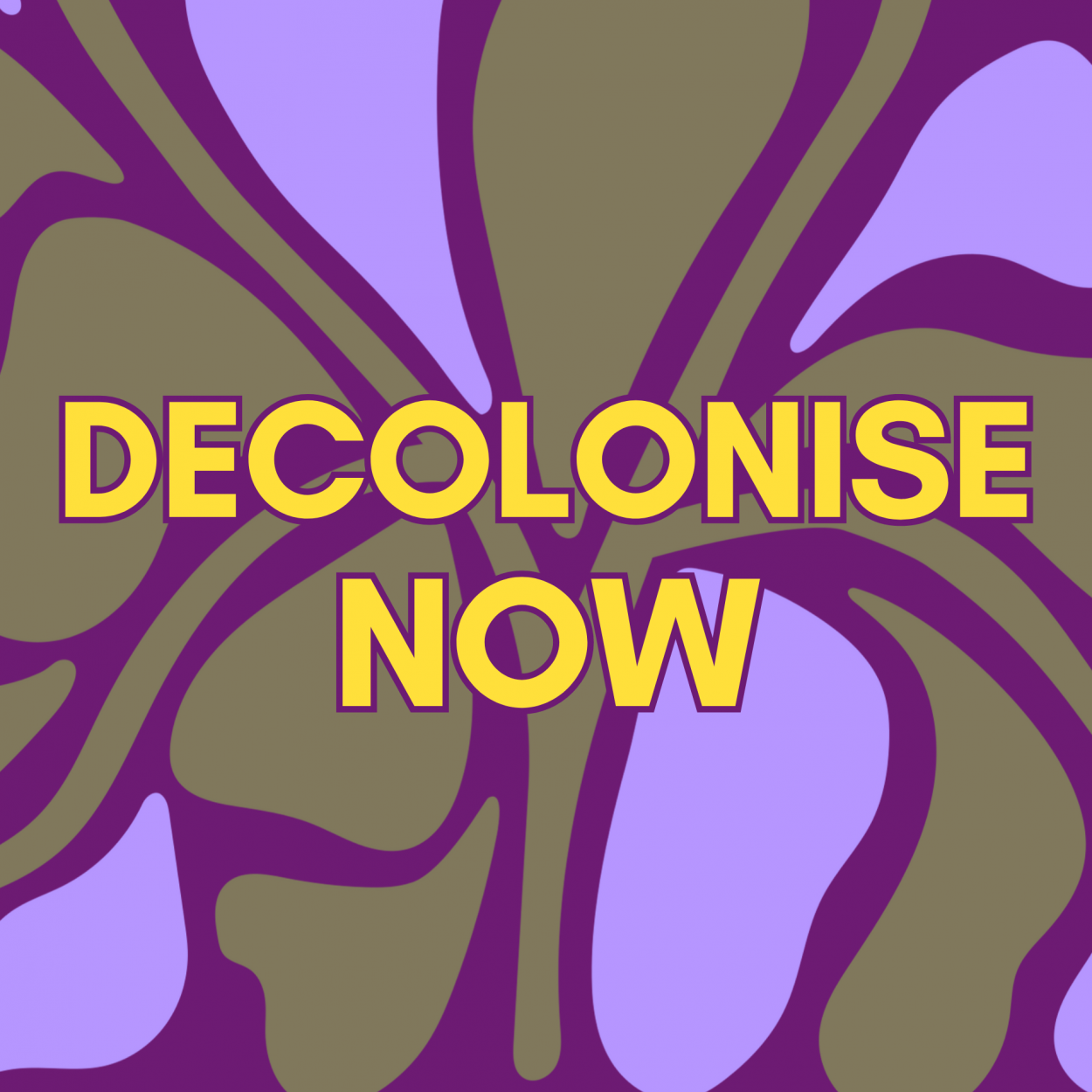
Why we’re decolonising our approach to feminism and development
IWDA has its roots in the international aid and development sector, which means we also have our roots in the oppressive and ongoing legacy of the colonial project. The financial assistance offered by colonial powers to their former colonies has unfolded as continued domination. This unjust power dynamic continues today and contributes to the ongoing exploitation of the Majority World.
[We have chosen to use the term Majority World instead of ‘developing world’ or ‘global south’, and Minority World instead of ‘developed world’ or ‘global north’. This is a political choice, as using this language demonstrates that ‘global south’ populations and cultures make up the global majority. This term challenges the notion that so-called ‘developed nations’ sit at the top of a global hierarchy of power.]
Part of our decolonising journey is telling the truth: poverty in the Majority World is a direct consequence of ongoing oppression committed by the Minority World. Whether conscious or not, the international development sector has been complicit in the very inequality it aims to address.
To decolonise our work is to attempt to undo harmful practices that undermine the strength of local and indigenous ways of being, doing, knowing, relating and perceiving. It means shifting power, not just resources. And importantly, it means rejecting racism, discrimination and the use of ’power-over’ others.
So, what does this look like? To guide our decolonial practice, we have launched IWDA’s first Decolonial Framework and Strategy.
The framework and strategy explains the key concepts surrounding decolonial practice. It also charts a path for IWDA to interrogate and reimagine the way we work internally and externally with partners and feminist movements.
Some key takeaway messages from the Framework and Strategy include:
Language and framing matters.
The way we talk about the world can reinforce systems of coloniality, even if we don’t realise it. As we mentioned above, this is why we have chosen to reject the paradigm of ‘developing vs developed countries’ and instead use the terms Majority and Minority Worlds.
Whose knowledge counts?
We must challenge the colonial notion that true knowledge only exists in the Minority World. This means restructuring the ‘hierarchy of knowledge’ built and reinforced by colonialism. Historical colonialism focused on destroying indigenous knowledge and cultural practices, so decolonial practice also means supporting the revival of indigenous knowledge.
It’s about power.
A decolonial approach to development rejects racism, discrimination and the use of ‘power-over’ others. Instead, it focuses on decentralising power and using a ‘power with’ approach to ensure decision-making is driven by the people and communities who will be most affected.
There is no single way of being.
A decolonial approach rejects the idea of a ‘uni-verse’ or ‘uni-versal’ approaches, which imply a single way of being, knowing, doing, relating and perceiving. A decolonial approach embraces the idea of a ‘pluri-verse’, meaning that we understand there are multiple, different and equal ways of being, knowing and doing, relating and perceiving.
We must recognise and dismantle colonial legacies embedded in feminism.
Western feminists have long portrayed Majority World women as victims in need of saving, instead of powerful agents of change. This dynamic plays out in the field of gender and development, where the inherent assumption is that white Minority World women and their gender relations are superior to those of Majority World women and how they conduct their gender relations. White feminists have also tended to prioritise solidarity on the basis of gender over other types of oppression.
A decolonial approach to feminism involves decentring white Minority World women and reimagining power structures within feminist movements. It means no longer being an accomplice to systems of oppression such as white supremacy and patriarchy.
As Audre Lorde wrote:
“For the master’s tools will never dismantle the master’s house. They may allow us temporarily to beat him at his own game, but they will never enable us to bring about genuine change. And this fact is only threatening to those women who still define the master’s house as their only source of support.” (Lorde, 2007, p105)
Keen to find out more about adopting a decolonial lens to your work? Explore IWDA’s Decolonial Framework and Strategy for further analysis and guidance.